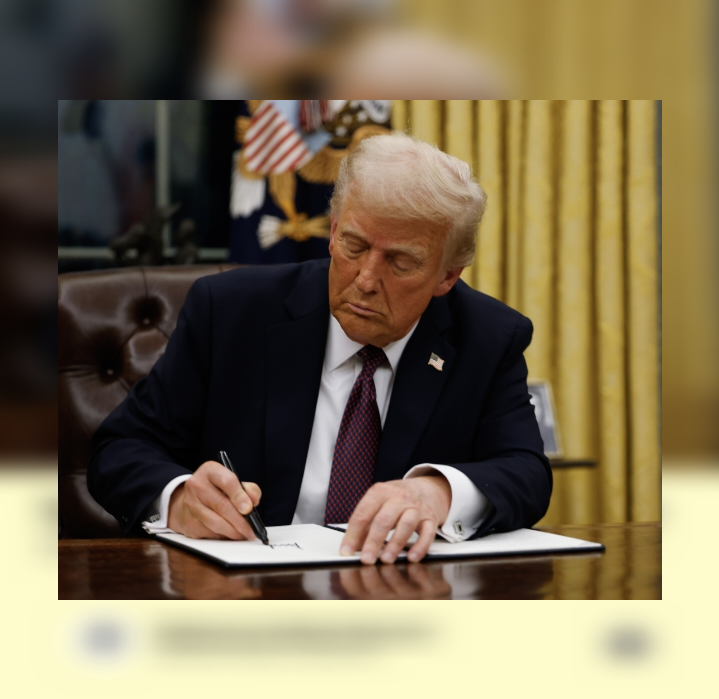Donald Trump’s presidency has been marked by controversy and unpredictability, particularly when it comes to the Middle East. His radical policy on the Israel-Palestine issue has been a major point of contention, and it’s likely to face stiff resistance from the Arab world and the global south.During his first term, Trump’s policy on Israel-Palestine unfolded in a provocative manner, with several key developments setting the tone for his approach. These included:-
Recognizing Jerusalem as Israel’s capital
Trump formally recognized Jerusalem as Israel’s capital in 2017, sparking widespread condemnation from the international community ¹.-
Relocating the US Embassy
The US Embassy was relocated from Tel Aviv to Jerusalem, further solidifying Trump’s commitment to Israel.- Cutting aid to Palestine:
Trump cut aid to Palestine, citing the Palestinian Authority’s refusal to negotiate with Israel.-
Promoting the Abraham Accords
Trump brokered the Abraham Accords, a series of agreements normalizing relations between Israel and several Arab states, including the UAE, Bahrain, and Morocco.These moves have been widely criticized for undermining the prospects for a two-state solution and exacerbating tensions in the region.
What’s Next for the Middle East?
As Trump returns to office, it’s likely that his approach to the Middle East will continue to be shaped by his “America First” ideology. This could lead to further destabilization in the region, particularly if Trump follows through on his campaign promises to impose tariffs on imported goods and expand his “America First” policies.The implications of Trump’s return to office are far-reaching, with potential consequences including:
Escalating tensions between Israel and Palestine
Trump’s continued support for Israel could lead to further clashes between Israeli forces and Palestinian protesters.- Increased instability in the region
Trump’s unpredictable approach to foreign policy could lead to further destabilization in the region, particularly if he follows through on his threats to impose tariffs on imported goods.-
A shift towards economic nationalism:
Trump’s “America First” ideology could lead to a shift towards economic nationalism, with potential consequences for global trade and economic stability.As the situation in the Middle East continues to unfold, one thing is clear: Trump’s return to office is likely to have far-reaching consequences for the region and the world.
 Top Trends Blogs Trending Blogs – Latest News
Top Trends Blogs Trending Blogs – Latest News

